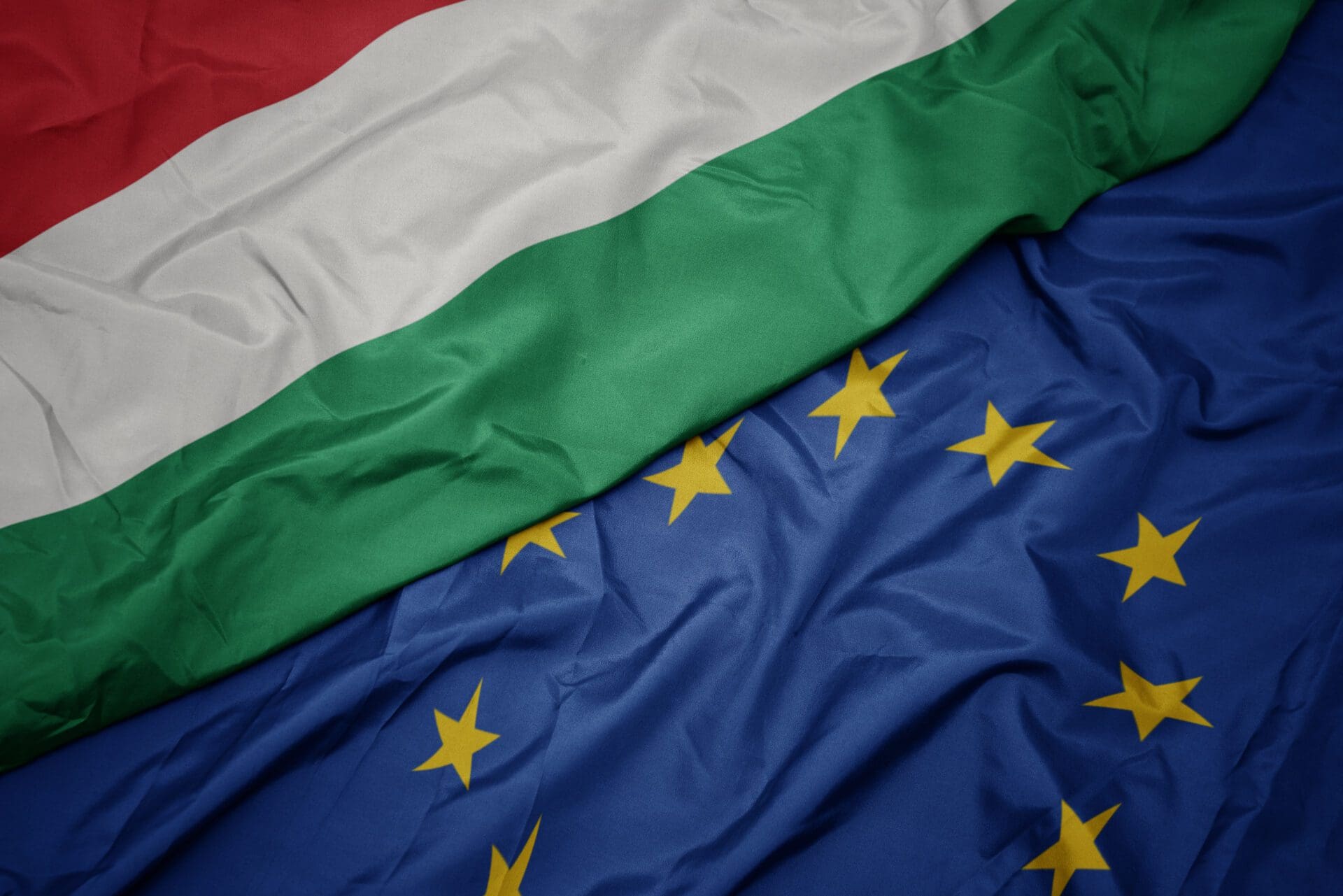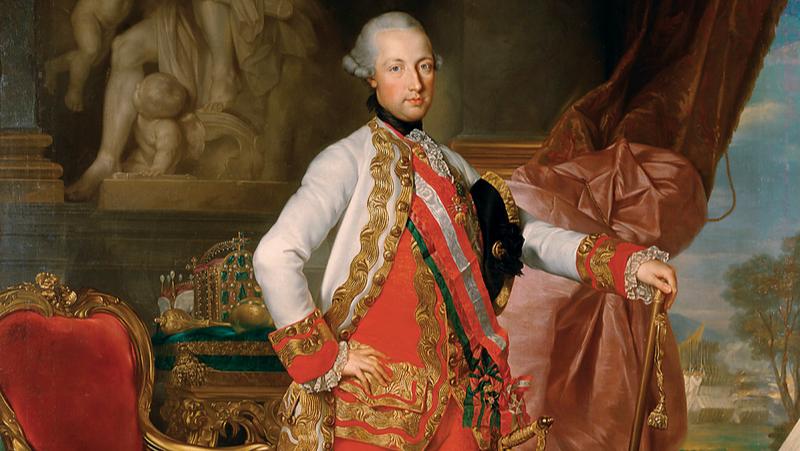A Hungarian conservative think tank set to open in Brussels this month is expected to stir the pot in the seat of the EU.
The Idea
The idea of establishing a Brussels office of the Mathias Corvinus Collegium has been harshly criticised by the Hungarian opposition. However, the leaders of MCC Brussels are unphased. The new think tank is planning to provide alternatives to the mainstream liberal narratives in Europe’s polarized cultural and political landscape. The centre is backed by the Hungarian government and is set to make a difference in the think tank ecosystem in Brussels that is dominated by pro-federalist thought.
Hungarian British scholar Frank Füredi, the executive director of the new think tank, stated that he wants to encourage ‘adult, serious dialogue about the cultural tensions that prevail on the Continent’ contending that anti-Hungarian sentiment has increased since Orbán’s re-election in April. In his op-ed published on POLITICO, Füredi, who will co-direct the centre with Werner Patzelt of the University of Dresden as research director, also stated that ‘the West’s culture warriors despise Hungary for the simple reason that it dares to question their post-traditionalist, identity-politics-fuelled world view.’
The Sceptics
The move of MCC, supported by the Orbán administration which has been at odds with the EU for years over matters like allegedly reversing course on the rule of law and hindering LGBTQ+ rights, was met with an immediate outcry from its detractors. The establishing of the Brussels centre is consistent with the ‘strategic build-up that Fidesz has been doing for a long time aimed at creating an anti-EU, far-right political powerhouse in Brussels,’ according to Hungarian Socialist MEP István Ujhelyi of the Socialists & Democrats group.
Momentum MEP Katalin Cseh declared that Fidesz has made significant investments in developing an ‘alt-right intellectual universe around their policies,’ bringing a variety of ‘American celebrities’ to Budapest and hosting a special session of the Conservative Political Action Conference (CPAC) in the US earlier this year. According to Cseh, the idea is bound to failure because of Orbán’s ‘severe isolation’ in Brussels and the Western orientation of Hungary’s youth. The MCC Brussels office is part of Fidesz’s attempt to form a far-right coalition in Europe, Cseh opined.
The Executives
But the leadership of the think tank is optimistic. In a phone interview with POLITICO, co-founder Füredi disclosed that he is already working on a project titled ‘What European people fear’ and has plans to release an annual ‘Fear Barometer’ that will list the problems that ‘preoccupy people in different European countries.’ The think tank’s emphasis, according to Füredi, will be on education and bringing regular groups of students from Hungary to Brussels. The first group of students from Hungary visited last week, interacting with the media and MEPs from the Fidesz party while also taking lessons on the history and structure of the EU.
Balázs Orbán, the political director of Prime Minister Orbán and chairman of MCC’s Board of Trustees declared last week that the think tank would contribute to Hungary becoming ‘an intellectual powerhouse, in which MCC plays a major role.’ A small group of individuals are now employed by MCC Brussels at Rue des Poissonniers, comprising two researchers, support personnel, and a communications director who has said that the staff is anticipated to double over the course of the following year. On 15 November, the centre intends to hold an opening conference where topics related to the future of Europe will be discussed. According to Füredi, speakers and attendees will come from nations such as Poland, Italy, the United Kingdom, and Hungary.
The New Think Tank as a Necessity
The title of Füredi’s op-ed is ‘Brussels needs a Hungarian think tank’. In his piece, the university professor explained that while growing up in the West, he never gave much thought to how his Hungarian heritage is perceived by others, but that changed after Hungary turned towards conservatism. He described his experience of being approached by someone after a 2017 conference who called him ‘fascist scum’ for not denouncing Hungarian politics on migration. Füredi said what seemed to be a minor incident at the time had major consequences for him, making him decide that he would ‘challenge the unbalanced narrative’ surrounding Hungary.
MCC Brussels aims to promote mature and thoughtful discussion about the cultural tensions across the continent. A necessity in a way, according to Füredi, since the current state of affairs in Brussels is similar to a highway that has no exits or forks in the road. To change a homogenous way of thinking, a centre like the one opening soon is needed. MCC has been working tirelessly in the past years to counteract what Füredi described in his opinion piece as ‘Magyarophobia’ and to bring conservative thinkers from around the world together. Just last month, they hosted a large conference with scholars and professionals from across the globe to discuss the effects of the Ukraine war on Europe and on Hungary. Quite a few of those who partook in the conference voiced the opinion that such events are not only important, but also necessary, because there are many conservatives who feel they are alone in their respective countries and on their continent because they have no opportunity to share their ideas with likeminded people. MCC Brussels is expected to contribute to the creation of a new political environment in Europe that allows everyone to voice their concerns and positions. A capable, responsible political alternative is always necessary in a democratic society, in order to give voice to those who feel left out and silenced. In fact, when challenged by credible and serious opponents, a government can only become more committed to working well.
As Füredi wrote: ‘My concern isn’t simply the need to resolve the confusion surrounding Hungary’s political orientation, however. It is also to bring together those who are worried about Europe’s increasingly polarized cultural landscape. So, in this beautiful city, groaning under the weight of political complacency and bureaucracy, we are here to provide an alternative — to take ideas seriously and to gently expose those who don’t.’
Related Articles:








